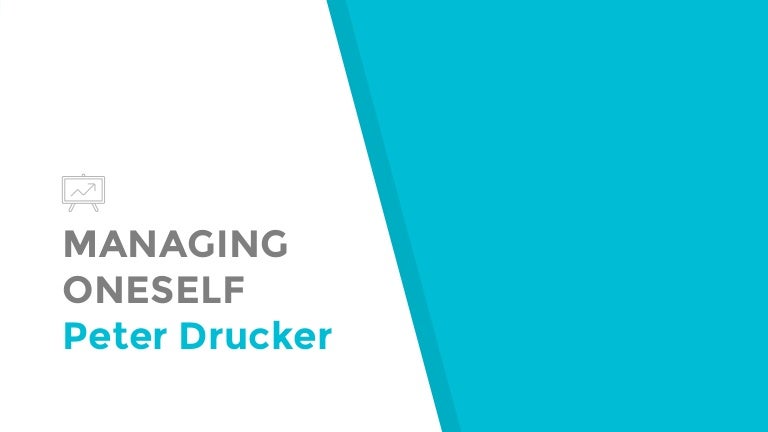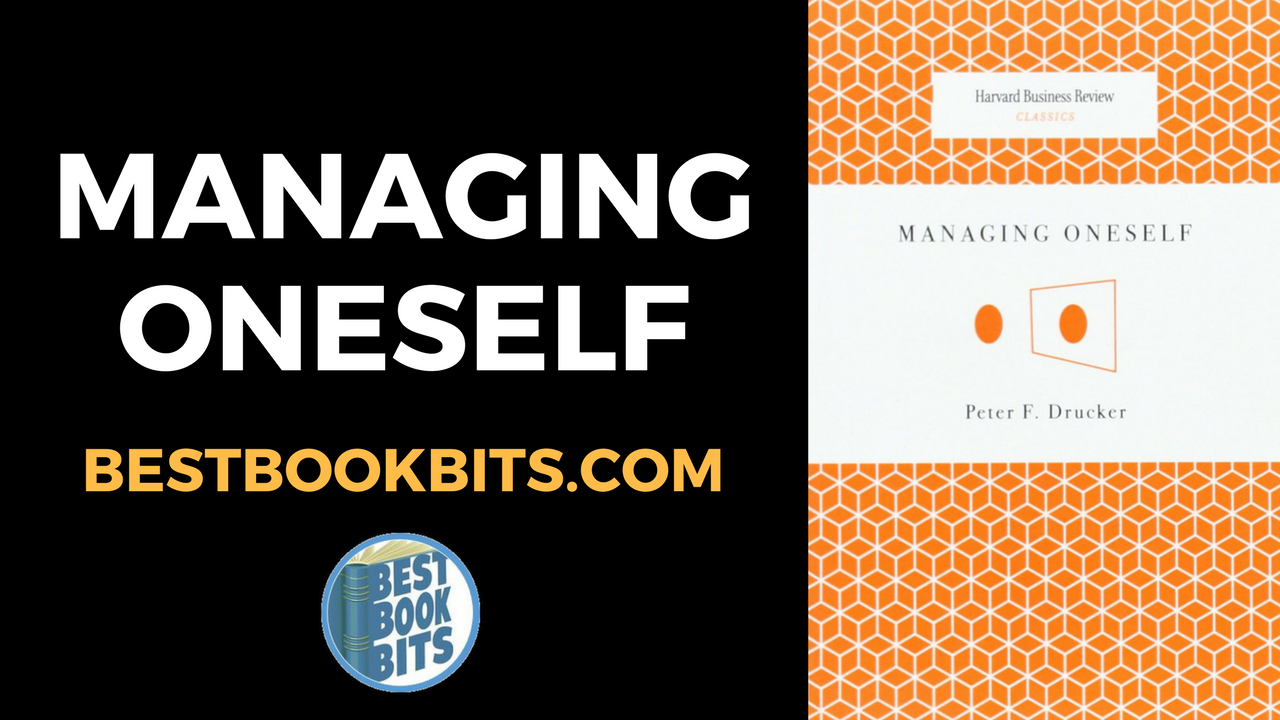



He challenges each of us to ask ourselves: What are my strengths? How do I perform? What are my values? Where do I belong? What should my contribution be? Don’t try to change yourself, Drucker cautions. But, Drucker says, very few people actually know-let alone take advantage of-their fundamental strengths. It may seem obvious that people achieve results by doing what they are good at and by working in ways that fit their abilities. And we have to stay mentally alert and engaged during a 50-year working life, which means knowing how and when to change the work we do. We have to place ourselves where we can make the greatest contribution to our organizations and communities. What does that mean? As Peter Drucker tells us in this seminal article first published in 1999, it means we have to learn to develop ourselves. Today we must all learn to manage ourselves. Throughout history, people had little need to manage their careers-they were born into their stations in life or, in the recent past, they relied on their companies to chart their career paths. Success in the knowledge economy comes to those who know themselves-their strengths, their values, and how they best perform.


 0 kommentar(er)
0 kommentar(er)
